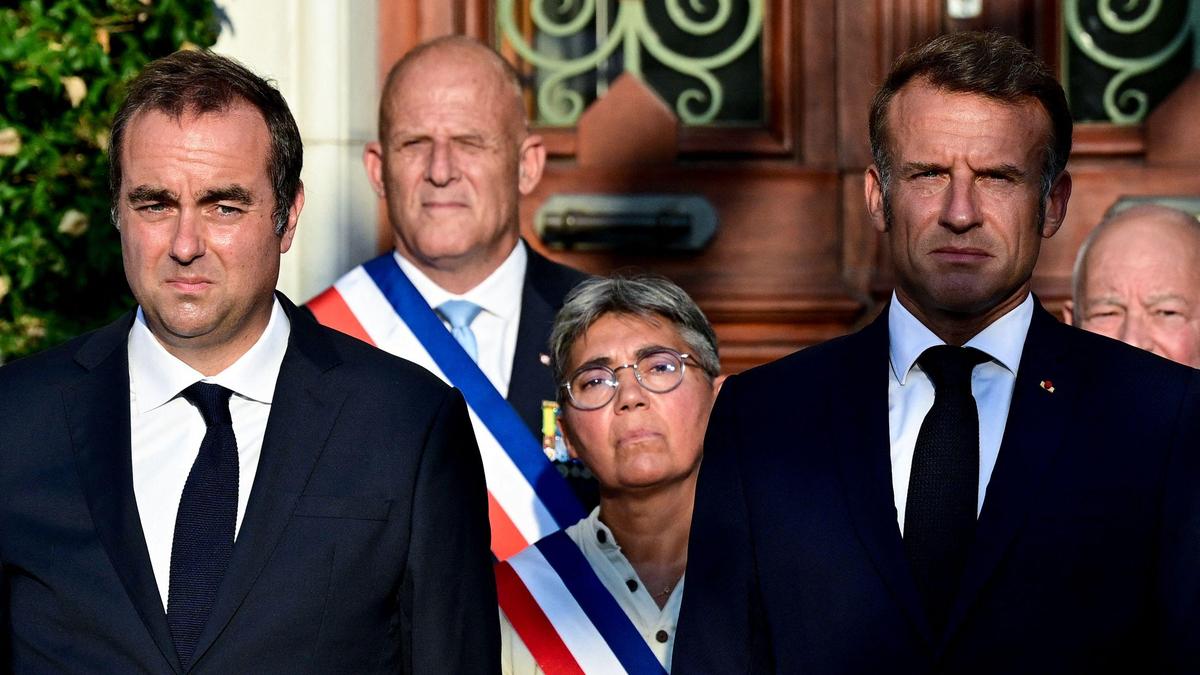On October 16, French Prime Minister Sebastien Lecornu narrowly survived two no-confidence votes in the National Assembly, averting an immediate government collapse and providing a temporary reprieve in France’s ongoing political crisis.
The motions, tabled by the far-left La France Insoumise (LFI) and the far-right National Rally (RN), garnered 271 and 197 votes respectively, falling 18 votes short of the 289 needed to topple the administration. This outcome, while a win for Mr. Lecornu and President Emmanuel Macron, underscores the fragility of their minority government amid a deeply divided Parliament.
Mr. Lecornu’s survival hinged on tactical concessions, including the suspension of Mr. Macron’s controversial pension reform and pledging not to invoke Article 49.3 — a constitutional tool allowing Bills to pass without a vote, often decried as undemocratic. The win was made possible largely by the Socialist Party’s abstention, secured through Prime Minister Lecornu’s decision to freeze the pension reform. Although an uneasy truce, it allowed the government to stand united, if only briefly, amid France’s deepening political ch
Continue Reading on The Hindu
This preview shows approximately 15% of the article. Read the full story on the publisher's website to support quality journalism.
